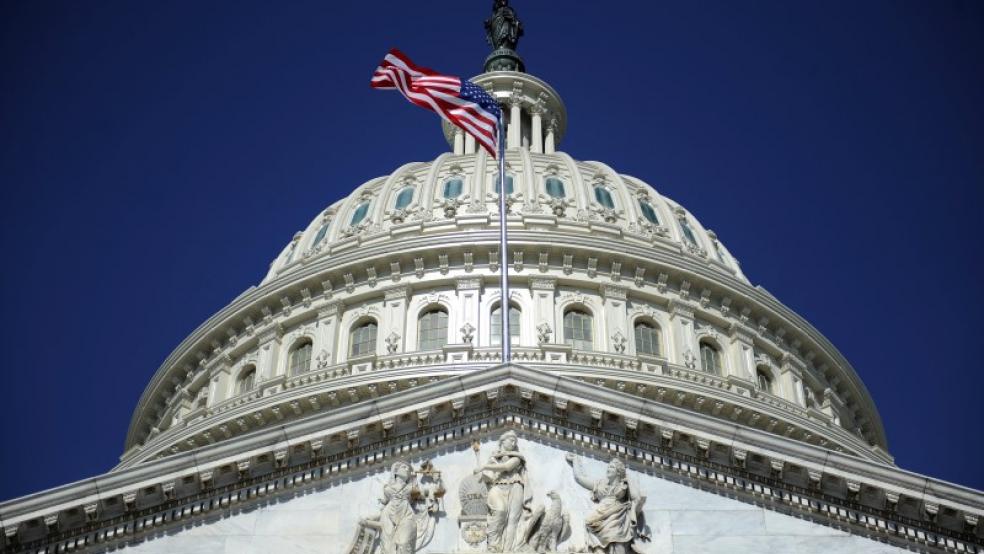The House Budget Committee will hold a hearing next week examining the costs and consequences of federal debt, with four prominent economists slated to testify.
Ahead of the hearing, Democratic staffers on the committee issued a report arguing that “fears of an imminent debt crisis are misplaced” and suggesting that fiscal policy should be driven by meeting economic needs rather than by fears about debt and deficits.
“The federal debt as a share of the economy has more than tripled since 1980 and now sits at its highest level since just after World War II,” the report says. “However, we have seemingly evaded many of the predicted negative consequences of high and rising debt. These developments have motivated economists to reassess the economics and impacts of government debt and deficits in our current era.”
The report makes several key arguments:
Recent economic experience has defied textbook theories about debt. Even as the debt has soared, interest rates have fallen and are expected to stay low. “Today, with publicly held debt at 79 percent of GDP, the United States pays a significantly lower interest rate on a 10-year loan than it did 20 years ago – when the government was running consecutive budget surpluses and debt fell to 34 percent of GDP.”
Low interest rates make debt and deficits less costly: “Despite their critical differences, both mainstream and alternative schools of thought increasingly agree that government debt appears to be less risky, less costly, and less cause for immediate concern than conventional wisdom suggests.”
We should be focused on priorities besides debt reduction: “Failing to tackle severe and persistent infrastructure, education, and health outcome deficits is arguably more damaging to our economic and fiscal outlooks than the risks posed today by higher debt. … Additionally, with interest rates low, these investments are cheaper to make today and are likely to provide a bigger boost to the economy.”
But deficits still matter and should be addressed long-term: “Because we cannot be sure that the economy will follow its projected path – and because no one knows the exact conditions under which debt may actually inflict serious economic harm – basic risk management principles clearly dictate limits on when and how we use deficits. Restraining deficits is also important given that growing debt may make policymakers more reluctant to respond to future economic downturns.” Even if there’s no near-term urgency to reduce the deficit — and some steps to reduce the deficit could actually harm the economy — an aging population and growing health-care costs do pose long-term challenges that will require higher revenue. “Addressing this revenue shortage can help relieve pressure on our long-term fiscal outlook and allow us to gradually return our debt to a sustainable path.”
And we should be wise about adding to the deficit now: “Deficits that support critical investments in families, communities, and environmental resilience – investments that improve current and future living standards and boost our long-term growth potential – are justified uses. So are fighting recessions and avoiding needless and destructive austerity traps. Tax cuts for the wealthy, however, are not.”
We’ll have more on the hearing next week. Until then, you can see the full report by House Budget Committee Democrats here.





